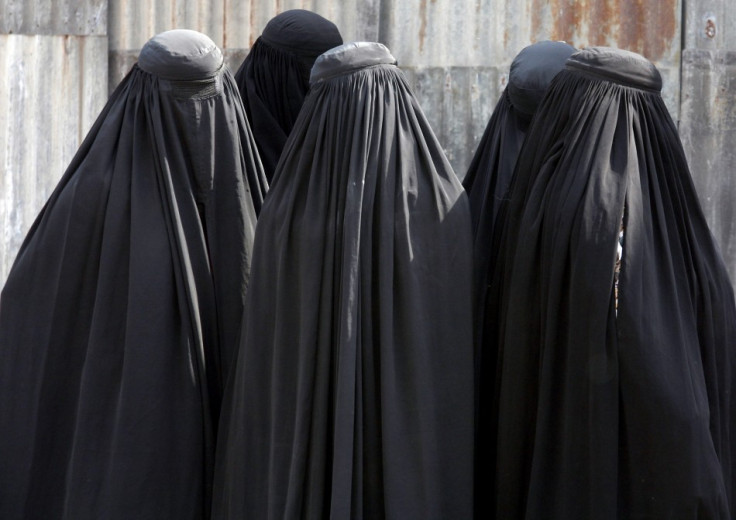Germany set to enforce partial burka ban
Politicians feel pressure to act with a general election looming just months away.

MPs in the German Bundestag have approved a law that would bring about a partial ban on the full-face Islamic veil known as the burka.
The bill will need approval from the upper house, the Bundesrat, for approval, but should it go ahead civil servants, judges and soldiers will be prevented from wearing burkas at work.
In Germany, there is a growing Muslim demographic with a large Turkish population with roughly 4m Turks spread across the nation, particularly in cities.
Since 2015, more than a million migrants, including many Middle Eastern Muslims, have moved to the country.
There have been several small jihadist related attacks in Germany over the past year as well as one major incident in the capital Berlin in December 2015 when a truck ploughed into a busy Christmas market, killing 12 people.
Interior Minister Thomas de Maiziere said the move to ban the burka showed how far tolerance towards other cultures would go in Germany.
Right-wing parties want Germany to emulate France where a total ban on wearing burkas in public places has been in force since 2011.
Last December Chancellor Angela Merkel called for a ban on full-face veils wherever legally possible, saying they were not appropriate in her country.
In February, the state of Bavaria announced plans to ban the full-face veil in government workplaces, schools, universities and while driving.
Critics argued the ban will have little practical impact in a state with only a small number of Muslims.
The burka is a strict Muslim veil for women that covers the full head and body, although it is not a common sight in Germany.
© Copyright IBTimes 2025. All rights reserved.






















